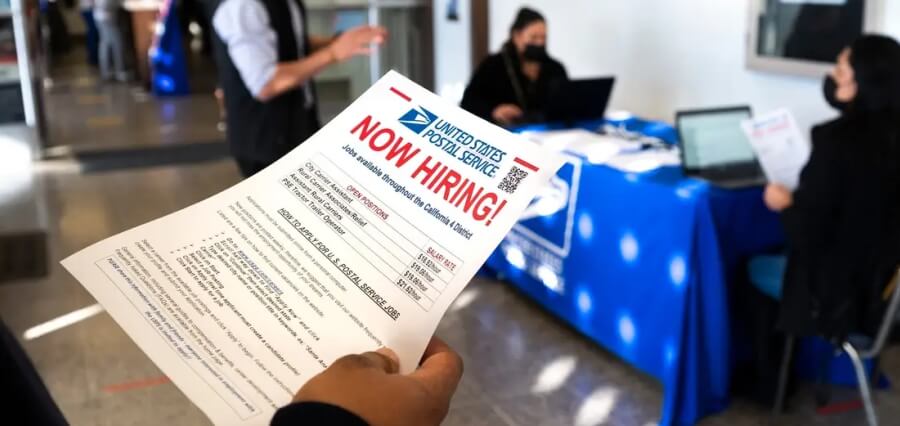Despite predictions of a recession in 2023, it has not materialized yet, and economists are divided on the likelihood. According to a survey by the National Association for Business Economics, 61% of economists believe a recession is less than 50% probable in the next 12 months, while 39% see a higher than 50% risk. Of those expecting a recession, half anticipate it to begin in the first quarter of the next year.
Several factors contribute to the uncertainty, including concerns about consumers pulling back on spending, potential stress in the housing market, and geopolitical issues affecting oil prices and supply chains. The recent autoworkers strike, fears of a government shutdown, and uncertainties surrounding the Federal Reserve also contribute to economic concerns.
For many consumers, the impact of elevated price growth has already created a sense of a recession. Financial advisors suggest several tips for preparation, including stress-testing finances, boosting emergency savings, reducing debt balances, and adopting an opportunistic approach to investments. The importance of evaluating one’s ability to handle an income drop, building a safety net, and being proactive about debt management are highlighted as crucial steps in preparing for potential economic challenges.
While economists differ on the timing and likelihood of a recession, the key takeaway is that individuals should assess their financial preparedness and take steps to strengthen their financial position, including savings, debt management, and strategic investment decisions.





